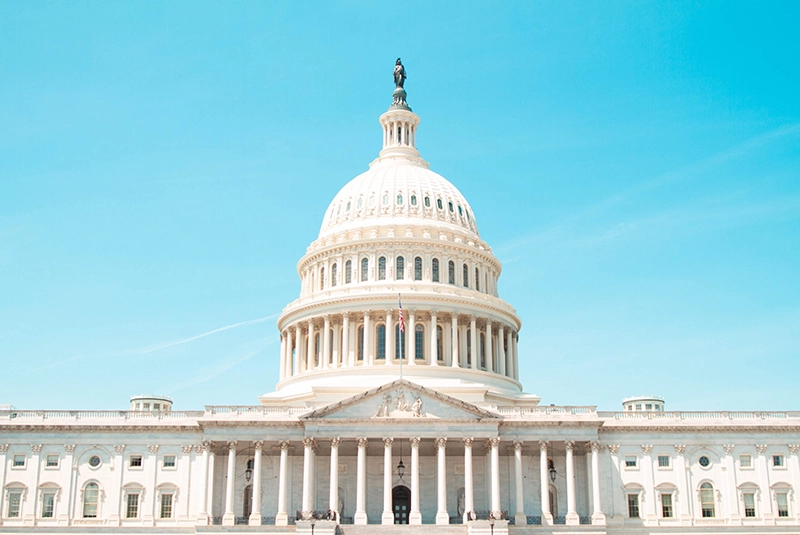Learn more about our public policy priorities to increase access to high-quality mental health and substance use treatment services.
Policy PrioritiesPublic Policy

We fight to advance policies that expand access to high-quality mental health and substance use treatment services.
We work to ensure mental health and substance use treatment organizations can meet the needs of their communities now and in the future. We advocate for federal and state funding, new and innovative care delivery and payment models, and a strong mental health and substance use treatment workforce. By improving access to lifesaving services, we can make mental wellbeing — including recovery from substance use challenges — a reality for everyone.
Join Our Movement
Our nation is grappling with multiple mental health and substance use crises. Lack of access to comprehensive lifesaving care, record-high overdose rates, dramatic increases in suicidal ideation and a mental health workforce shortage — all of which made worse by the COVID-19 pandemic — are just some of the daunting challenges. But together, we can turn the tide by pushing for solutions that expand access to care, when and where people need it.
Contact Your Elected Officials
No sign up required. Take two minutes to urge your elected officials to expand access to mental health and substance use care.
Become An Advocate
Sign up to be notified when there are opportunities to contact your elected officials on key bills moving through Congress.
Download Our Advocacy Handbook
Tips, tricks and downloadable templates for becoming a mental health and substance use treatment advocate in your community.
Sign Up for Capitol Connector
Stay informed on all news related to federal mental health and substance use policy via our weekly Friday newsletter.
